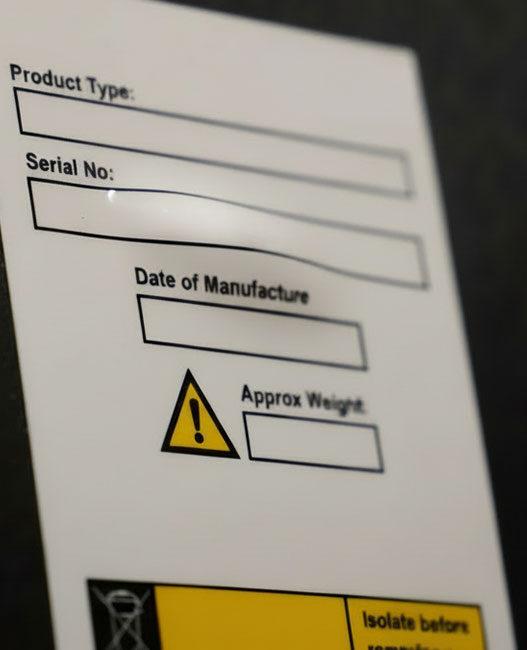At the UK conference at Rockingham the low carbon technology company will have Audi and Volvo demonstrator vehicles available, both equipped with its production ready SpeedStart system. SpeedStart is the world’s most powerful belt-integrated starter generator (B-ISG) to operate at 12 volts, and the first and only system so far to resolve all stop-start issues including the notorious driver ‘change of mind’ problem.
CPT applies its low-voltage electric supercharging, high-power integrated starter generator and exhaust energy regeneration technologies with aggressively downsized and turbo-boosted combustion engines to offer a cost-effective route to CO2 reduction without compromising vehicle performance. The technologies provide an effective low voltage solution for the important high volume market segment critical to the commercial success of global carmakers.
In a presentation delivered to the LCV conference CPT’s chief executive Nick Pascoe will discuss the challenges faced by the global automotive industry and compare the merits of various modular hybrid vehicle solutions available in an evolving market.
“Full-hybrid solutions with no compromise in performance are attractive but prohibitively expensive for the mass market,” says Pascoe. “Attempts to reduce the cost of full-hybrids into mild-hybrid solutions often result in poor value for the customer and vehicle manufacturer. The availability however of production ready, high performance, modular micro-hybrid products are demonstrating significant CO2 reductions for today’s state-of-the-art powertrain and electrical architectures, and are themselves evolving to meet the emerging mild- and full-hybrid requirements of the future.”
Many new and emerging low CO2 technologies are still immature says Pascoe, but fuel prices, legislation and fiscal policy will accelerate demand and technology evolution.
“Vehicle systems, particularly electronic and electro-mechanical technologies, are becoming increasingly complex,” says Pascoe. “This demands new and unfamiliar validation criteria, also new engineering skills and organisations. However this also creates opportunities for new, more agile suppliers to emerge.”
CPT is an up-and-coming, award winning, high tech company specialising in cost-effective CO2 reduction measures for the global automotive industry. Its core competencies include low voltage power electronics, advanced control software and the application of low voltage electrical machines to vehicle powertrains. The company was established in 2007 as a management buy-in funded by venture capital initially to acquire advanced powertrain technologies from Visteon Corporation and its technology development partner Emerson Corporation. CPT comes with a highly experienced team of automotive engineers and is backed by a number of prominent investors specialising in the energy and environmental sectors. Further information on CPT is available at www.cpowert.com.
The ALABC is a research consortium originally formed in 1992 to advance the capabilities of the valve-regulated lead acid battery in order to help electric vehicles become a reality. The research resources of the world-wide membership of ALABC are pooled to carry out a large program of R&D which would otherwise not be possible. The ALABC is managed by the International Lead Zinc Research Organization, Inc., based in Research Triangle Park, North Carolina. ALABC membership currently stands at 54 organisations. Further information is available at http://www.alabc.org.















